Vegan hair dyes are hair dyes that do not contain any animal-derived ingredients or have not been tested on animals. They are made with plant-based ingredients, such as henna, chamomile, and beetroot, to color the hair naturally. Vegan hair dyes are becoming increasingly popular as people become more aware of the ethical and environmental impact of their beauty products.
The popularity of vegan hair dyes is growing for a number of reasons. First, more and more people are becoming aware of the ethical implications of using animal-tested hair dyes. Second, vegan hair dyes are often gentler on the hair and scalp than traditional hair dyes, which can contain harsh chemicals. Third, vegan hair dyes are often more environmentally friendly than traditional hair dyes.
Vegan hair dyes are a good option for people who are looking for a cruelty-free, gentle, and environmentally friendly way to color their hair.
What Are Vegan Hair Dyes?
Vegan hair dyes are hair dyes that do not contain any animal-derived ingredients or have not been tested on animals. They are made with plant-based ingredients, such as henna, chamomile, and beetroot, to color the hair naturally.
There are a variety of vegan hair dyes available, including:
- Henna: Henna is a natural plant-based dye that has been used for centuries to color hair. It is a permanent dye that can produce a variety of colors, including red, brown, and black.
- Chamomile: Chamomile is a plant-based dye that can be used to lighten hair. It is a temporary dye that will fade over time.
- Beetroot: Beetroot is a plant-based dye that can be used to add a red or pink tint to hair. It is a temporary dye that will fade over time.
- Other plant-based dyes: There are a variety of other plant-based dyes that can be used to color hair, such as indigo, turmeric, and amla.
Benefits of Vegan Hair Dyes
Vegan hair dyes offer a number of benefits, including being cruelty-free, gentle on hair and scalp, environmentally friendly, and nourishing and conditioning. If you are looking for a way to color your hair that is ethical, sustainable, and good for your hair, then vegan hair dyes are a great option.
Here are some additional details about each of the benefits of vegan hair dyes:
Cruelty-free
Animal testing is a cruel and unnecessary practice. Millions of animals are tested each year for cosmetics, and many of these animals suffer and die as a result. Vegan hair dyes are not tested on animals, which means that you can color your hair without harming any animals.
Gentle on hair and scalp
Traditional hair dyes contain harsh chemicals, such as ammonia and peroxide, which can damage hair and scalp. Ammonia opens up the hair cuticle to allow the dye to penetrate, but it can also dry out the hair and make it brittle. Peroxide breaks down the natural melanin in the hair to lighten it, but it can also weaken the hair and make it more prone to breakage.
Vegan hair dyes do not contain these harsh chemicals, so they are gentler on hair and scalp. Many vegan hair dyes also contain plant-based oils and extracts that can nourish and condition the hair.
Environmentally friendly
Traditional hair dyes contain many chemicals that are harmful to the environment. When these chemicals are washed down the drain, they can pollute rivers and streams. They can also be harmful to aquatic life.
Vegan hair dyes are made with natural ingredients that are biodegradable, meaning they break down quickly in the environment. This makes them a more environmentally friendly choice than traditional hair dyes.
Nourishing and conditioning
Many vegan hair dyes contain plant-based oils and extracts that can nourish and condition the hair. These ingredients can help to moisturize the hair, reduce frizz, and protect the hair from damage.
If you are looking for a way to color your hair that is ethical, sustainable, and good for your hair, then vegan hair dyes are a great option.
How to choose the right vegan hair dye:
Consider your hair type and color
When choosing a vegan hair dye, it is important to consider your hair type and color. If you have dark hair, you will need to choose a dye that is specifically designed for dark hair. If you have light hair, you will need to choose a dye that is specifically designed for light hair.
It is also important to consider your hair type. If you have dry hair, you will need to choose a dye that is hydrating. If you have oily hair, you will need to choose a dye that is lightweight.
Read the label carefully to make sure the dye is vegan
Not all hair dyes that are labeled as “natural” or “organic” are vegan. Make sure to read the label carefully to make sure that the dye does not contain any animal-derived ingredients.
Here are some common animal-derived ingredients that are found in hair dyes:
- Keratin
- Collagen
- Elastin
- Lanolin
- Guanine
- Carmine
Do a patch test before using the dye
Even if the dye is vegan, it is still important to do a patch test before using it. This is because you may be allergic to one of the ingredients in the dye.
To do a patch test, apply a small amount of the dye to a small area of skin behind your ear. Wait 48 hours and check for any signs of irritation, such as redness, itching, or swelling. If you experience any irritation, do not use the dye.
Here are some additional tips for choosing the right vegan hair dye:
- Look for a dye that is made with high-quality ingredients.
- Avoid dyes that contain harsh chemicals, such as ammonia and peroxide.
- Choose a dye that is the right color for your hair type and color.
- Do a patch test before using the dye.
By following these tips, you can choose the right vegan hair dye for your needs.
How to color your hair with vegan hair dye:
1. Prepare your hair
Wash your hair 24-48 hours before dyeing. This will help the dye to adhere to your hair better. Avoid using conditioner, as this can create a barrier between the dye and your hair.
2. Mix the dye
Mix the dye according to the package directions. Be sure to wear gloves to protect your hands from the dye.
3. Apply the dye
Section your hair and apply the dye to each section using a brush or your gloved fingers. Be sure to saturate the hair completely.
4. Process the dye
Process the dye for the amount of time specified on the package. This is typically 30-60 minutes.
5. Rinse and condition your hair
Once the processing time is complete, rinse your hair thoroughly until the water runs clear. Then, condition your hair as usual.
Here are some additional tips for coloring your hair with vegan hair dye:
- If you have dark hair and want to lighten it, you may need to bleach your hair first. Vegan hair dyes are not as strong as traditional hair dyes, so they may not be able to lighten dark hair significantly.
- If you have gray hair, you may need to leave the dye on for longer. Gray hair is more difficult to color than non-gray hair, so you may need to leave the dye on for up to 90 minutes to achieve full coverage.
- If you have sensitive skin, you may want to do a patch test before using a vegan hair dye. To do a patch test, apply a small amount of the dye to a small area of skin behind your ear. Wait 48 hours and check for any signs of irritation. If you experience any irritation, do not use the dye.
Troubleshooting common problems with vegan hair dye:
Hair does not turn the desired color
If your hair does not turn the desired color, there are a few things you can try:
- Leave the dye on for longer. Vegan hair dyes are often gentler than traditional hair dyes, so you may need to leave them on for longer to achieve the desired results.
- Use a different dye. Not all vegan hair dyes are created equal. Some dyes are better at covering gray hair or lightening dark hair than others. If you are not happy with the results of your first dye, try a different one.
Hair feels dry or damaged
Vegan hair dyes are typically gentler on hair than traditional hair dyes, but they can still dry out your hair. To prevent this, use a deep conditioner after coloring your hair. A deep conditioner will help to hydrate and nourish your hair, leaving it feeling soft and healthy.
Dye fades quickly
Vegan hair dyes are often less permanent than traditional hair dyes. This is because they do not contain harsh chemicals that can damage the hair. To help your color last longer, use a color-depositing shampoo or conditioner. These products will help to deposit color onto your hair with each wash, keeping your color looking vibrant.
Here are some additional tips for troubleshooting common problems with vegan hair dye:
- If you have any concerns, be sure to consult with a professional hair stylist. They can help you choose the right dye for your hair and give you tips on how to apply and process the dye correctly.
- Be patient. It may take some trial and error to find the right vegan hair dye for your hair and achieve the desired results.
Conclusion
Vegan hair dyes offer a number of benefits, including:
- They are cruelty-free. Vegan hair dyes are not tested on animals.
- They are more gentle on hair and scalp. Vegan hair dyes do not contain harsh chemicals, such as ammonia and peroxide, which can damage hair and scalp.
- They are more environmentally friendly. Vegan hair dyes are made with natural ingredients that are biodegradable, meaning they break down quickly in the environment.
- They can nourish and condition the hair. Many vegan hair dyes contain plant-based oils and extracts that can help to nourish and condition the hair, leaving it looking and feeling healthier.
If you are looking for a way to color your hair that is ethical, sustainable, and good for your hair, then vegan hair dyes are a great option.
I encourage you to consider using vegan hair dyes next time you need to color your hair. There are many great vegan hair dyes available, so you can find one that is perfect for your hair type and color. You may be surprised at how much you love your results!
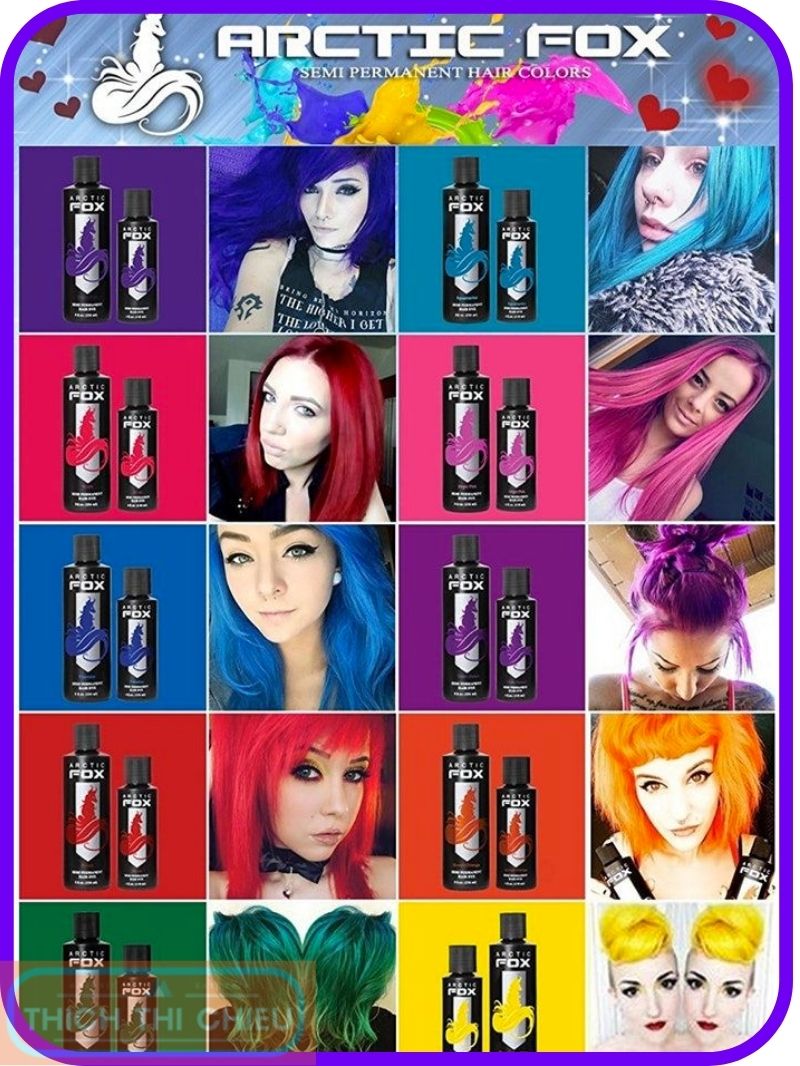
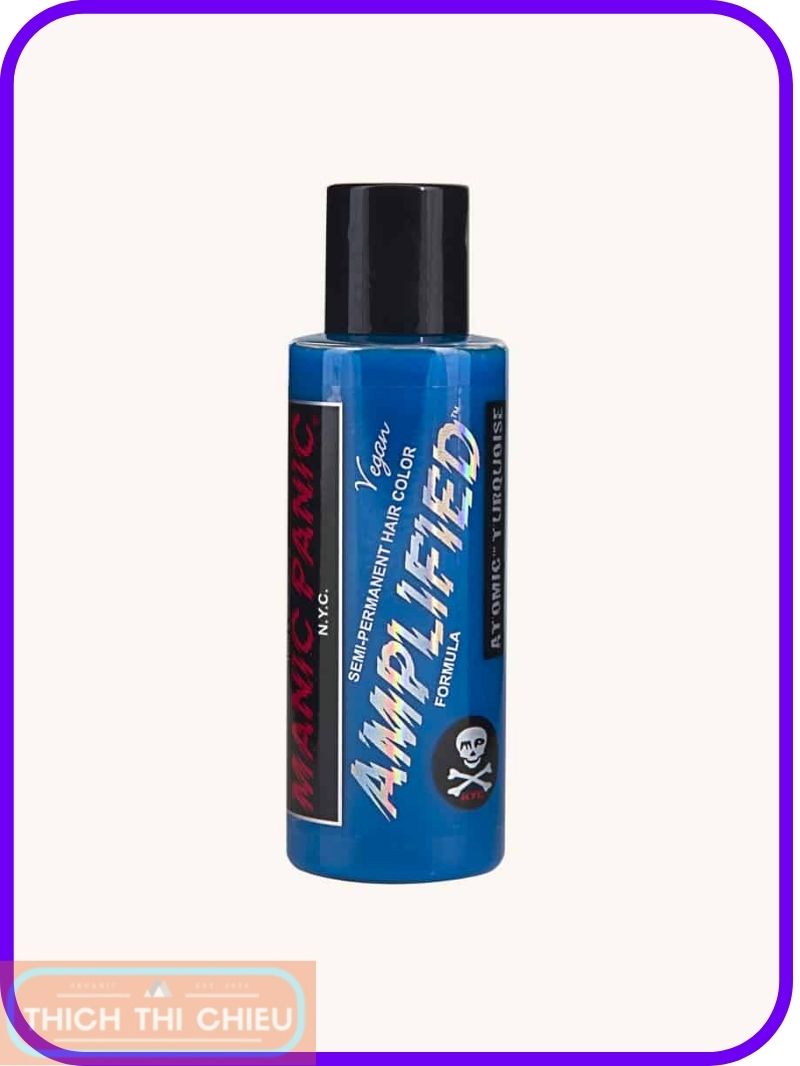
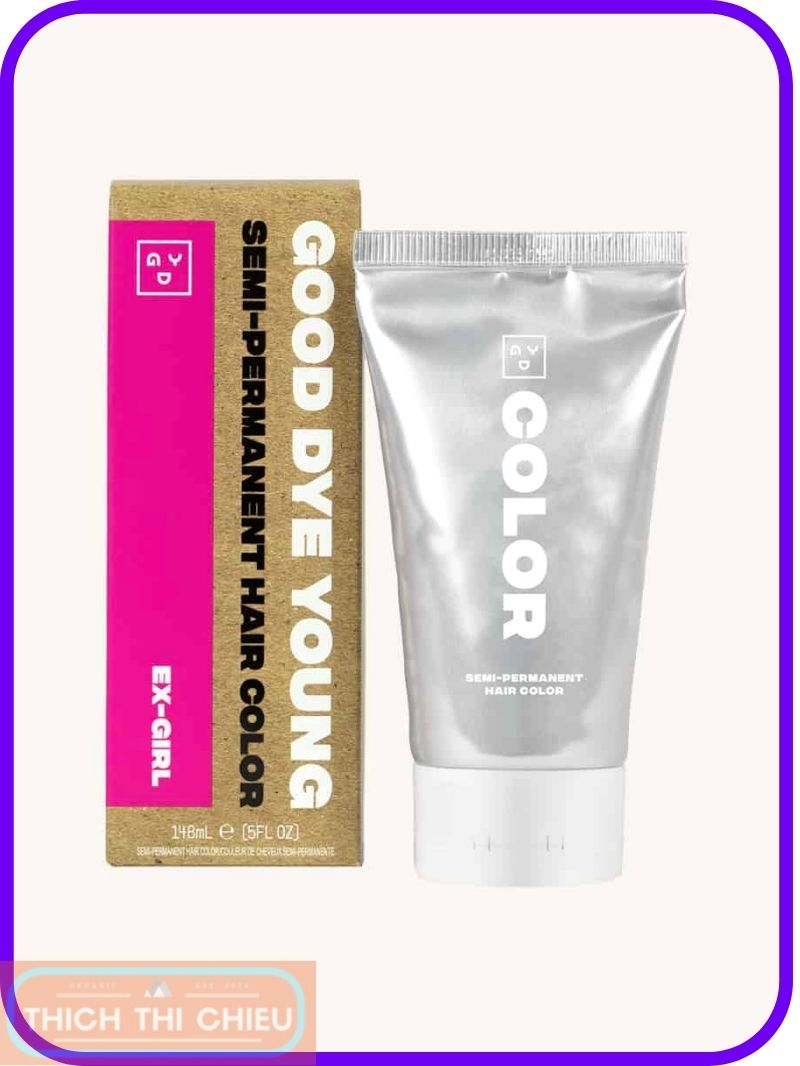
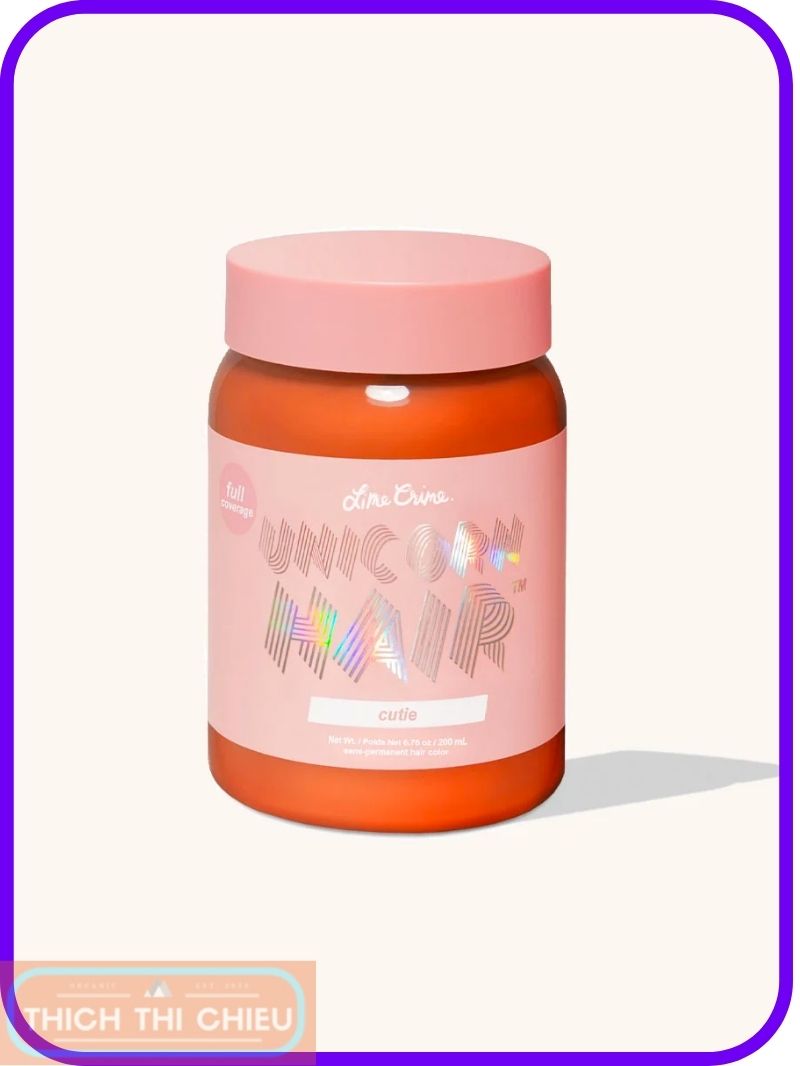
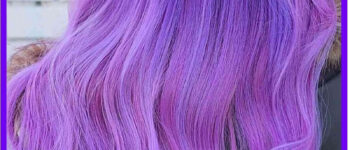
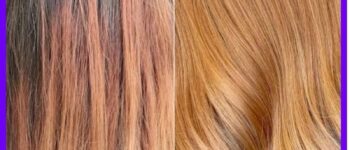
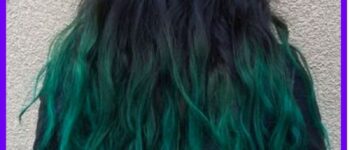

Leave a Reply